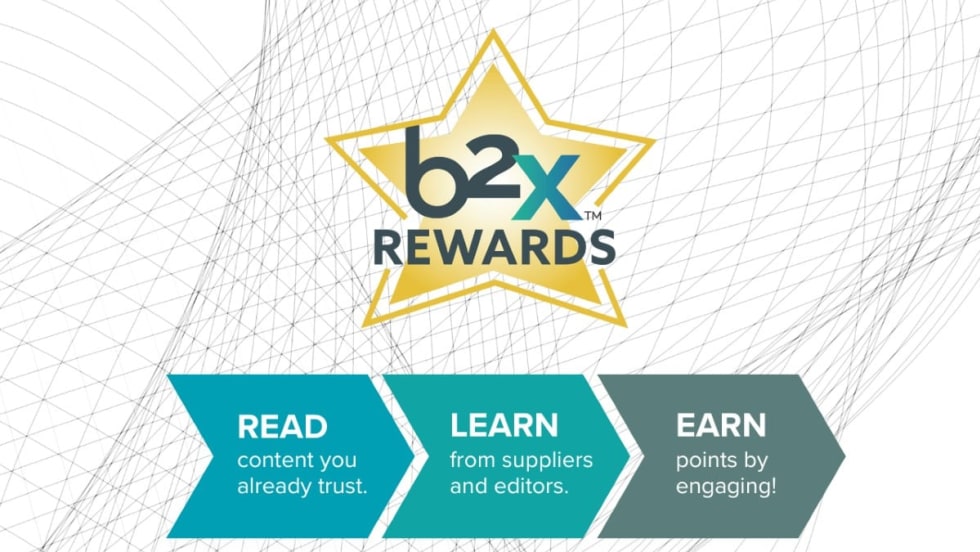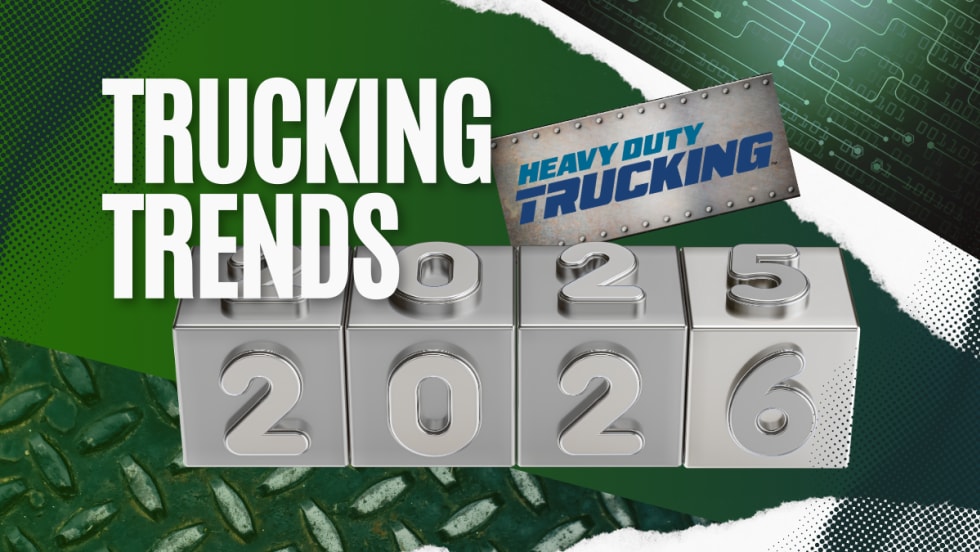Last week's Friday Fuel included a discussion on some factors that drive oil prices such as current weather conditions and stockpiles, or inventory, around the world
. Today's topic will continue on with the machine behind the price of oil. Since oil is a world commodity, there are not only many factors, but they vary by each country.
A constant saying heard throughout the last few months has been 'the dollar is weak.' So what does a weak dollar have to do with oil? Well, to us a dollar is always just that-a dollar; it's how relative it is to other currencies that make it weak or strong. Perception of the dollar also dictates this, what value the currency traders view the dollar as having. They decide or perceive this by reviewing economics and treasury bonds. Since crude oil is mainly traded in U.S. dollars, that's where the two lines cross. If you can't immediately change a weak dollar, do what you can to raise the oil price to try to meet the mark the dollar is lacking.
Current events are also another aspect of what's behind oil. The U.S. imports close to 60 percent of its oil, so when there are wars or crisis in those other nations, one doesn't need to wonder why prices rise during times of uncertainty. The U.S. imports from a variety of places including Canada, Saudi Arabia, Venezuela and the Persian Gulf, to name a few. In recent news, Russia and Belarus were in complicated and, at times, heated negotiations over 2010 oil supply prices. At one point Russia even cut supplies to Belarusian refineries. Any turbulence in a country that has oil or needs oil will always make the news, and will definitely affect prices.
Another and major piece of the oil puzzle is OPEC, or Organization of the Petroleum Exporting Countries. OPEC was designed to help countries secure and regulate the supply of petroleum and to be sure of a valid profit for those countries. Initially OPEC, which was created in the 1960s, was designed to bring strength to smaller oil producing countries, making sure they had rights and support in the market. That still holds true these days. OPEC now is in a position of power to reduce supply throughout its various member nations, thus raising prices to keep their respective currencies in a healthy financial state.
October 2007 was the first time crude oil broke $80 a barrel. Since then, in 27 short months, we have all seen prices go to highs of $149 a barrel to lows of $32 a barrel. With 2009 alone, the price of crude oil started at $32 and finished just under $80 a barrel, with several weeks in between over $80 a barrel. With the economy hopefully improving, what 2010 will bring is still a mystery. One thing is for sure; oil prices will be moving up and down based on many different factors.
As 2010 revs up to be unpredictable, take heed of the various dynamics that control the petroleum prices. A recent calculation shows that gas pump prices may reach beyond any seen in 2009, as a result of the 14 percent increase in crude prices since December. Fuel management may just be the only constant one can control in this upcoming year.
Glen Sokolis is president of Sokolis Group, a nationwide fuel management and fuel consulting company, www.FuelManagementSokolisGroup.com. You can reach him at gsokolis@sokolisgroup.com or (267) 482-6160.
Previous installments of "Friday Fuel:"
* "Successful Fuel Management Program Equals Discipline", 9-11-09
* "Who's Watching Your Fuel Program," 9-18-09
* "Fleet Fuel Margins: Are You Paying Too Much?" 9-25-09
* "How Do You Audit Your Fleet Fuel Invoices?" 10-2-09
* "Fleet Fuel Price Negotiating: Details, Details", 10-9-09
* "Mobile On-Site Fueling", 10-16-09
* "The Bees Are Still Buzzing: Handling Fuel on a Daily Basis", 10-23-09
* "Fleet Fuel Card Shopping", 10-30-09
* "Is Your Fuel Management Ready for Winter?", 11-6-09
* "Don't Let the Weather Freeze Your Deliveries", 11-13-09
* "Fuel Management or Fuel Inventory? That is the Question", 11-20-09
* "Put Your Fleet Fueling Policy in Place For 2010, Part I", 12-4-09
* "Put Your Fleet Fueling Policy in Place For 2010, Part II", 12-11-09
* "Be Safe, Not Sorry With Fuel Management During the Holidays", 12-18-09
* "Looking Back: 2009 Fuel Management in Review", 12-23-2009
* "Oil's Ups and Downs", 1-8-2010













